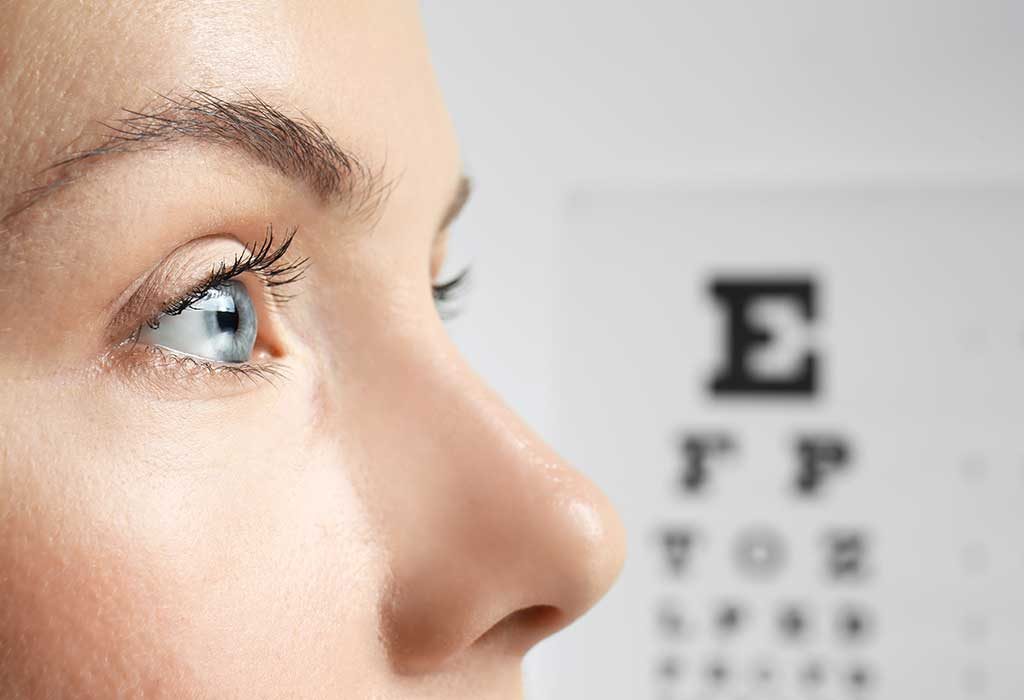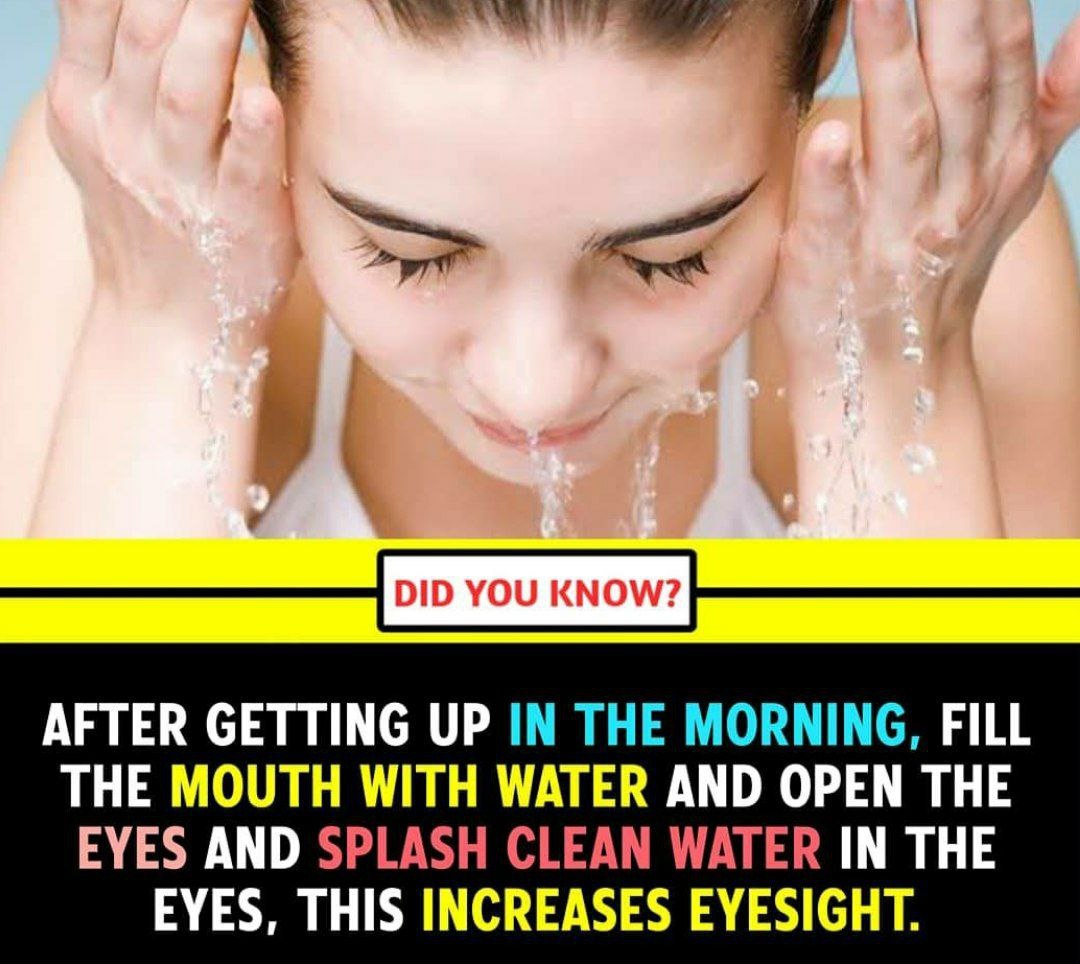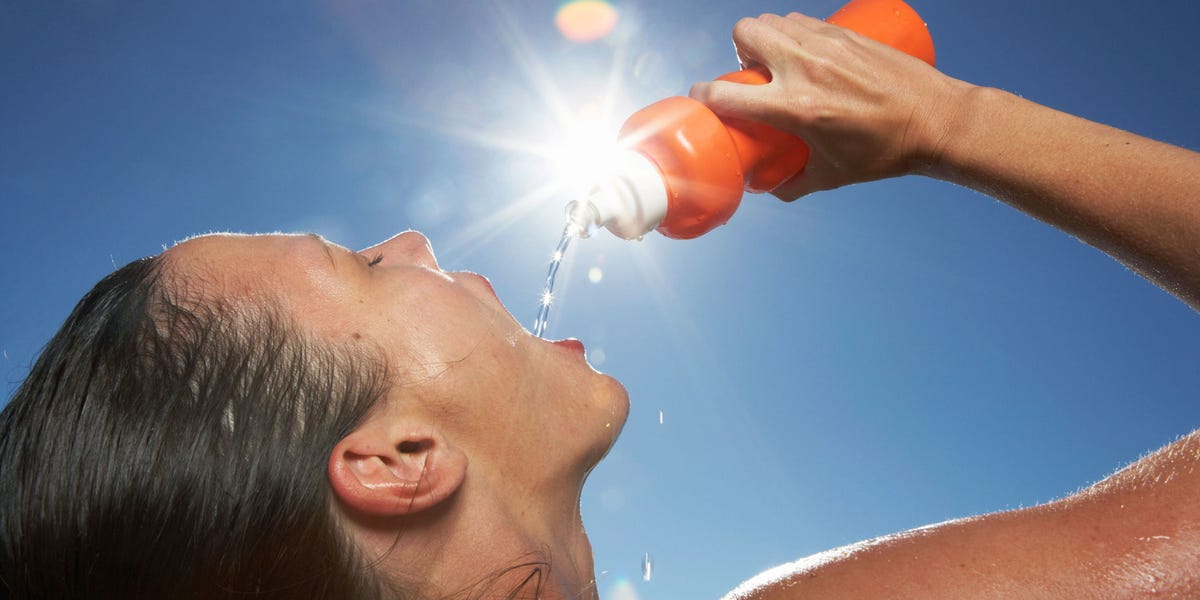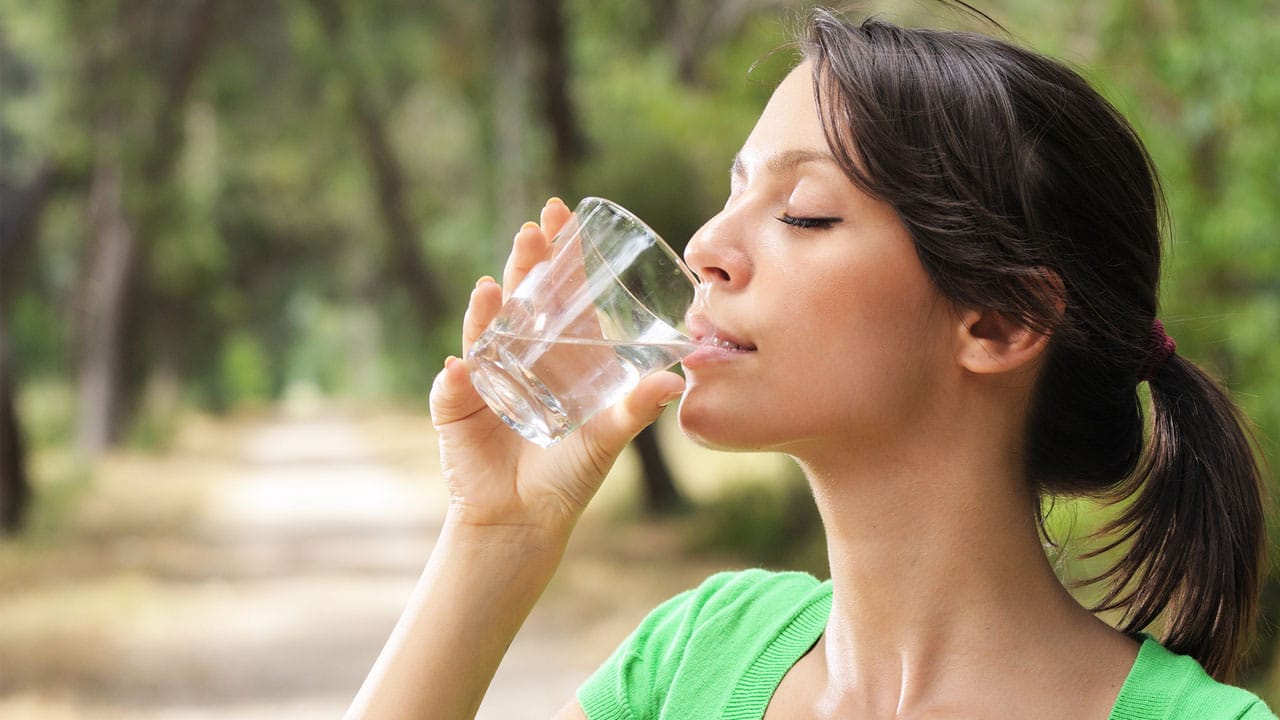Drinking Water And Eye Health
Thursday, July 11, 2024
Edit

Drinking Water and Eye Health
Benefits of Drinking Water for Eye Health
Our bodies are made up of about 60-65% water, making it the most important element that we need to survive. Drinking water is essential for keeping our bodies healthy, and our eye health is no exception. Drinking plenty of water is important for overall eye health, as it helps to flush out toxins and keeps the eyes hydrated. Water helps to keep the eyes lubricated and can reduce the risk of dry eyes, which can be a common problem as we age. It is also important to ensure that the eyes are properly hydrated as this helps to keep them healthy and functioning properly.
The eyes need a constant supply of water in order to stay healthy and functioning properly. Water helps to keep the eyes hydrated, which helps to reduce the risk of dry eyes and other eye conditions. It also helps to flush out toxins from the eyes, which can be a major cause of eye damage and can lead to long-term vision problems. Drinking plenty of water can also help to improve the clarity of vision, as it helps to reduce the risk of eye fatigue.
Signs of Dehydration in the Eyes
One of the most common signs of dehydration in the eyes is dry eyes. Dry eyes can cause irritation, redness, and even blurred vision. If you are experiencing any of these symptoms, it is important to increase your water intake and to seek medical attention if the symptoms persist. Other signs of dehydration in the eyes can include dark circles under the eyes, increased sensitivity to light, and a gritty feeling in the eyes.
It is important to be mindful of your water intake if you are experiencing any of these symptoms as dehydration can lead to long-term eye damage. If you are worried about your eye health, it is important to seek medical advice and to get regular checkups to ensure that your eyes are healthy and functioning properly.
How Much Water is Enough for Eye Health?
It is important to drink plenty of water to keep the eyes healthy and functioning properly. The amount of water that you need will depend on your individual needs and lifestyle, but the general recommendation is to drink 8-10 glasses of water per day. This will help to keep the eyes hydrated and to flush out toxins from the eyes. It is also important to ensure that you are getting enough vitamins and minerals from your diet, as these can help to keep the eyes healthy and functioning properly.
Reducing Risk of Eye Dehydration
In addition to drinking plenty of water, there are other steps that you can take to reduce the risk of eye dehydration. Wearing sunglasses when outside can help to reduce the amount of UV rays that enter the eyes, which can damage the eyes and lead to dehydration. It is also important to ensure that you are getting enough sleep, as this helps to reduce the risk of eye fatigue and can help to keep the eyes hydrated.
When to Seek Medical Advice
If you are experiencing any symptoms of eye dehydration, it is important to seek medical advice. It is also important to get regular checkups to ensure that your eyes are healthy and functioning properly. Your doctor will be able to provide advice on how to keep your eyes hydrated and to reduce the risk of eye dehydration. Your doctor may also recommend eye drops or other treatments to help keep your eyes healthy and to reduce the risk of eye dehydration.
Conclusion
Drinking plenty of water is essential for keeping the eyes healthy and functioning properly. Water helps to keep the eyes hydrated and to flush out toxins from the eyes. It is important to drink 8-10 glasses of water per day to ensure that the eyes are properly hydrated. Other steps that you can take to reduce the risk of eye dehydration include wearing sunglasses and getting enough sleep. If you are experiencing any symptoms of eye dehydration, it is important to seek medical advice.
hydrogen water promotes eye health

Health Tips: Splash clean water in the eyes at morning, increases

Drinking water for beautiful, healthy, radiant skin - MamasHealth.com

How Drinking Water Benefits Teeth - Dental Made Easy | New York City

Benefits of Drinking Water For Your Skin - La La Mer by Marianna Hewitt
To Help Stay Mentally Sharp, Don't Forget Water | KERA News
Benefits Of Drinking Water For Healthy Lifestyle - Jalewa

What Happens When You Don't Drink Enough Water - 7 Things That Happen

The Benefits of Water | Ideales Blog
5 Ways Drinking Water Can Improve Your Oral Health - Carillon Family Dental
